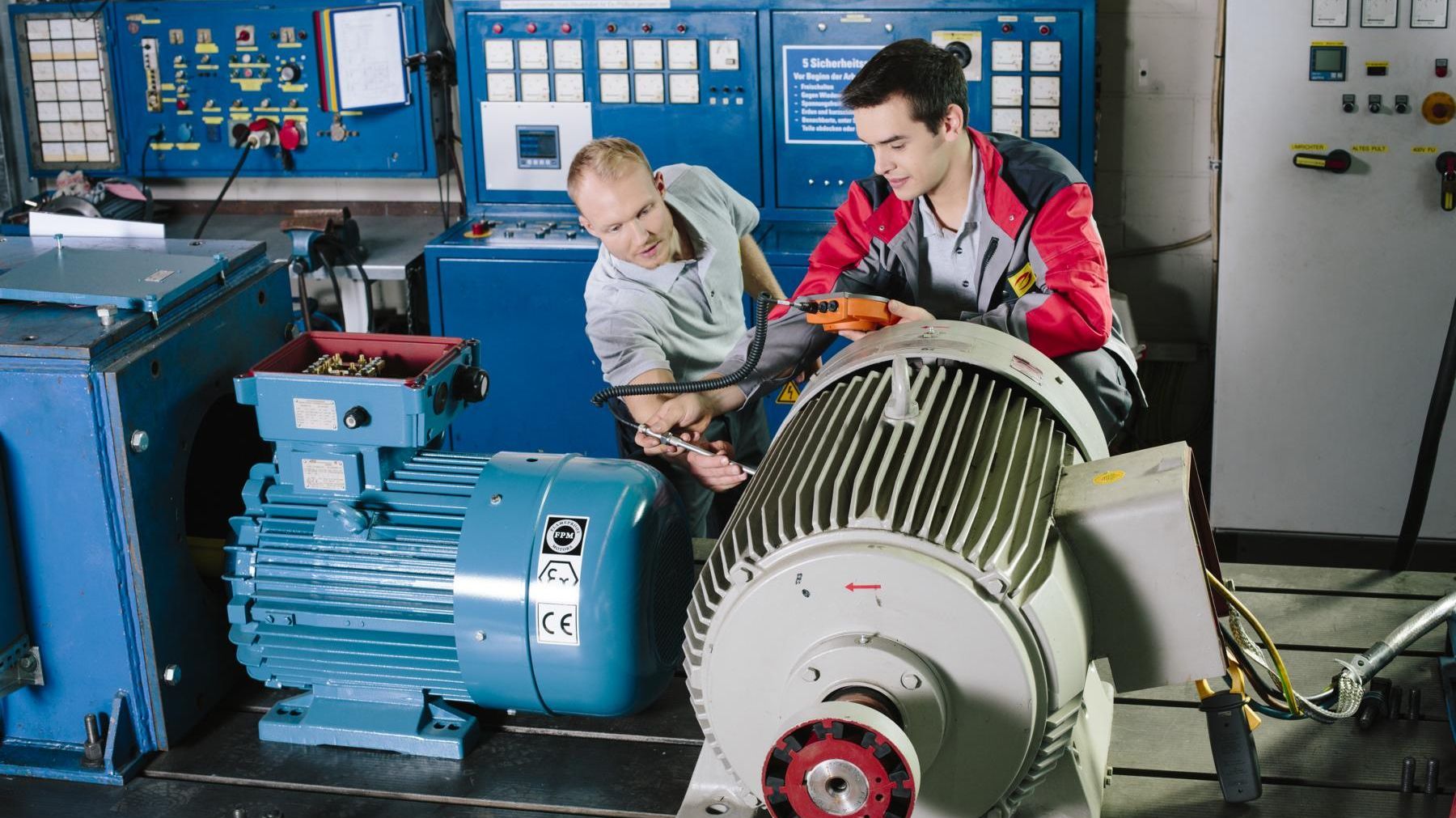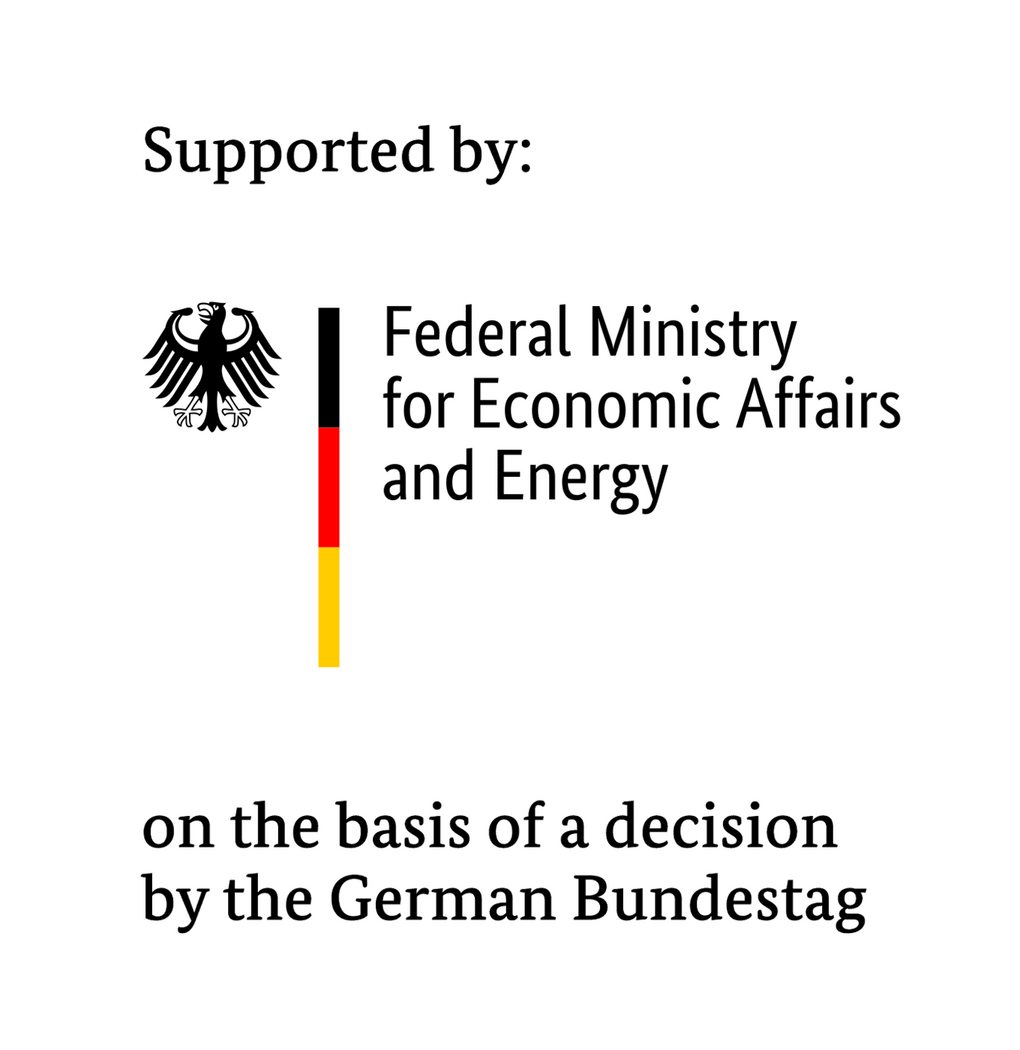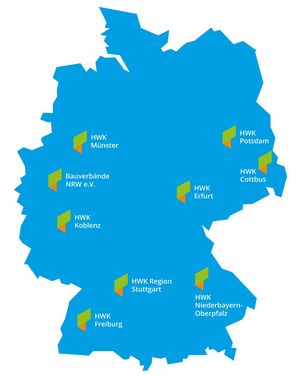Pilot project for recruiting skilled workers in the skilled crafts sector
Project background
The project “Future International Talents for German Climate Businesses” is implemented in response to the revised Skilled Immigration Act (FEG). The new Skilled Immigration Act allows skilled workers with vocational qualification and practical expertise to work and live in Germany more easily. Starting in November 2023, the amendments have gradually come into force, creating new opportunities for companies to recruit skilled workers from non-EU countries. The project serves as a valuable pilot project to test the application of the new regulations in the German skilled crafts sector, as there is limited practical experience with the new regulations.
Overarching objective
At an overarching level, the project is intended to help counteract the existing shortage of skilled labour in the skilled crafts sector and thus reduce one of the biggest obstacles to growth, competitiveness and future viability of the skilled crafts sector. Secondly, it aims to contribute to the long-term success of the energy transition and climate protection in Germany.
Specific objectives
Quantitative and qualitative project goals were defined: On the one hand, a total of 200 skilled workers from Colombia and Uzbekistan will be recruited during the project implementation phase. On the other hand, the project seeks to identify key success factors and challenges from the perspective of both skilled craft businesses and skilled workers, while developing recommendations and lessons learned. Additionally, the project aims to expand and share knowledge and networking structures within the German skilled crafts sector to facilitate future recruitments of international skilled workers.
Project approach
The project implements a model recruitment process for skilled workers from two non-EU countries in the German skilled crafts sector. In our partner countries, we collaborate closely with the national labour administrations. The Federal Employment Agency (BA) enters into project-related cooperation agreements with the national labour administrations of both partner countries, thereby, establishing cooperation at a strategic and operational level which is adapted to the small business structure in the skilled crafts sector. Moreover, the participating skilled crafts organisations play a key role in the project implementation. Immigration advisor positions are created to assist companies and international skilled workers in the nine pilot regions: from the preparation of the skilled workers in their home country to the constant support upon their arrival in Germany.
Partner countries
The project recruits skilled workers from Colombia and Uzbekistan. Both countries offer a significant potential of skilled workers for the skilled crafts sector. In addition, Germany is viewed as an attractive destination for labour migration. Moreover, the two countries hold close and strong political ties with Germany.
Skilled crafts professions
The project focuses on skilled crafts professions that contribute to the energy transition and climate protection in Germany, such as: electronics technicians, bricklayers, concrete and reinforced concrete workers, road builders, metalworkers, plant mechanics for sanitary, heating and air conditioning technology and motor vehicle mechatronics technicians. Together with our partners in Colombia and Uzbekistan, we determine which professions we will focus on in each recruitment cycle to attract skilled workers with the required profiles.
Legal framework
The Skilled Immigration Act was revised, and since November 2023 the amendments have entered successively into force. With this pilot project, the German Confederation of Skilled Crafts (ZDH), the Federal Employment Agency (BA) and sequa aim to gain knowledge on the practical effectiveness of two migration pathways defined in the revised Skilled Immigration Act.
Contact


Implementation
Path 1
Recognition of foreign professional qualifications
The first pathway is the so-called Skilled Worker Track, which allows professionals to enter Germany for the purpose of having their foreign qualifications officially recognised (§ 16d Abs. 1 and § 18a AufenthG). In the recognition procedure, the competent authority assesses the equivalence of the foreign professional qualification. Often, this initially involves partial equivalence in case of non-regulated professions, i.e. the professional qualification is partially accepted if parts of the training are equivalent and others are not. Here, individuals start working directly in the businesses while simultaneously completing an Adaptation Training Qualification Programme (APQ) to acquire any missing skills. This programme consists of company-based and inter-company measures and is supported by the project. After successfully completing the APQ, the individuals continue their employment as fully skilled workers with a qualification approved in Germany.
Path 2
Entry as qualified workers with professional work experience
The second pathway is the newly introduced, so-called Experience Track (§ 19c Abs. 2 AufenthG in conjunction with § 6 BeschV). Individuals with extensive professional work experience obtain a residence permit to start working in Germany as qualified workers. However, the focus is on several years of relevant professional experience. As part of the selection process, the project conducts practical work assessments to evaluate candidates’ professional competencies.
The project offers skilled crafts companies and international skilled workers the following services:
- Matching between skilled crafts companies and pre-selected applicants
- Individual advice and support for employers and skilled workers
- Individual preparation for living in Germany: The participants will learn the German language and receive intercultural orientation to prepare for living and working in Germany.
- Visa and entry of skilled workers to Germany
- Organisational and financial support for adaptation training measures (only via path 1: recognition of professional qualification)
- Support for the social and operational integration of skilled workers
Recruitment cycle
The project provides for the model implementation of several successive, holistic recruitment cycles and their systematic evaluation.
Project partner and funding
The pilot project is implemented by the German Confederation of Skilled Crafts (ZDH), the Federal Employment Agency (BA) and sequa. It is funded by the German Federal Ministry for Economic Affairs and Energy (BMWE).
The following skilled crafts organisations participate in the project:
















